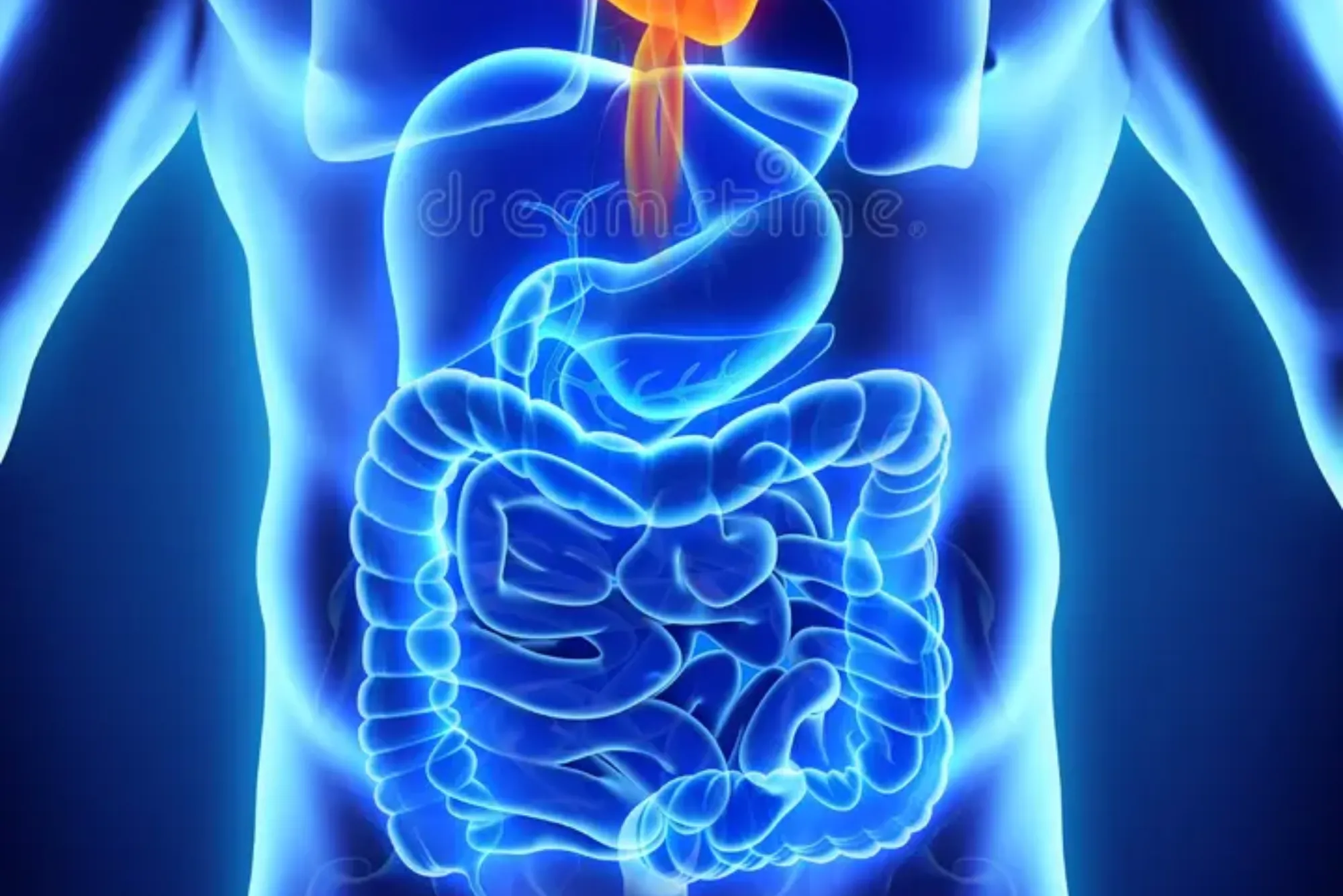The process of digestion is essential for our bodies to convert food into the nutrients and energy we need to function. However, the time it takes to digest food can vary widely depending on multiple factors, such as the type of food, a person’s metabolism, and their overall health. Understanding how long digestion takes can help in making better dietary choices and managing health more effectively.
This article offers a detailed look into how digestion works, how long it typically takes for food to be fully processed, and what factors can influence the speed of digestion.
The Digestive Process: How It Begins
Digestion starts the moment you take your first bite of food. The process doesn’t just occur in the stomach, but involves a series of organs working together to break down the food into smaller components.
Mouth a#nd Chewing
The initial stage of digestion happens in the mouth. As you chew, food is broken down mechanically by the teeth, making it easier to swallow and digest. Saliva, which contains enzymes like amylase, begins the chemical breakdown of carbohydrates. This phase is relatively quick, often lasting only a few minutes, but it sets the stage for the entire digestive process. The better you chew your food, the easier it will be for the stomach to process it.
Esophagus: The Food Pipe
Once swallowed, the chewed food moves down the esophagus, a muscular tube that connects the mouth to the stomach. This process takes only a few seconds and is facilitated by muscle contractions known as peristalsis, which help push the food toward the stomach. While this stage is brief, it’s a crucial link in the digestive process.
The Stomach’s Role in Digestion
When food reaches the stomach, it undergoes further breakdown through a combination of mechanical churning and chemical digestion. The stomach produces gastric juices, including hydrochloric acid and digestive enzymes like pepsin, that break down proteins and fats. The stomach muscles continuously churn the food, mixing it with these juices to form a substance called chyme.
Depending on the type of food, it can take anywhere from several minutes to a few hours for the stomach to process it. Simple carbohydrates, like sugars and refined grains, break down more quickly than proteins and fats, which can take longer to digest. High-fat meals, in particular, can linger in the stomach for an extended period.
How Different Foods Affect Digestion Time
The type of food you eat plays a significant role in how long the digestive process takes. Different foods have varying rates of digestion, and understanding these differences can be helpful for managing meal timing and nutrient absorption.
Carbohydrates
Carbohydrates are typically the quickest to digest, especially simple sugars like those found in fruits, honey, and soft drinks. Refined grains like white bread and pasta are also digested relatively quickly. Once these foods are broken down, they are absorbed into the bloodstream as glucose, providing a rapid source of energy. However, complex carbohydrates, such as those found in whole grains, legumes, and vegetables, take longer to digest due to their fiber content. Fiber slows down digestion, helping you feel fuller for longer.
Proteins
Proteins, found in foods like meat, fish, eggs, and beans, take longer to break down than carbohydrates. This is because the stomach’s enzymes and acids must work harder to break the proteins into amino acids. Protein digestion begins in the stomach and continues in the small intestine, where enzymes like trypsin further break down the protein molecules. The digestion of protein-rich meals can take a few hours, depending on the complexity of the food.
Fats
Fats take the longest to digest. Fatty foods, such as cheese, butter, and fried foods, tend to stay in the stomach longer because the body needs more time to break down fat molecules. Digestive enzymes like lipase, produced in the pancreas, are essential for breaking down fats. Because fats are energy-dense and require more effort to process, they can delay the entire digestive process, making you feel full for extended periods.
Fiber and Its Role in Digestion
Fiber, a type of carbohydrate that the body cannot digest, plays a key role in regulating the digestive system. There are two types of fiber: soluble and insoluble. Soluble fiber, found in oats, beans, and fruits, dissolves in water and forms a gel-like substance in the stomach, slowing down digestion. Insoluble fiber, found in whole grains, nuts, and vegetables, adds bulk to the stool and helps food move through the digestive tract more quickly.
A diet high in fiber promotes regular bowel movements and prevents constipation, but it can also slow down the absorption of certain nutrients.
Factors That Affect How Long Digestion Takes

While the type of food consumed is a major factor in digestion time, other elements also come into play.
Metabolism
Metabolism is the process by which your body converts food into energy. People with faster metabolisms tend to digest food more quickly, while those with slower metabolisms may take longer. Metabolism can be influenced by factors like age, genetics, muscle mass, and overall activity level. A sedentary lifestyle can slow down digestion, while regular exercise can help speed it up.
Hydration Levels
Staying hydrated is essential for efficient digestion. Water helps break down food, dissolves nutrients, and ensures smooth movement through the digestive system. Dehydration, on the other hand, can slow down the process, leading to constipation and sluggish digestion. Drinking water throughout the day, particularly with meals, supports the digestive process.
Health Conditions
Certain health conditions can impact digestion speed. For example, people with gastrointestinal disorders like irritable bowel syndrome (IBS), Crohn’s disease, or gastroparesis may experience delayed or irregular digestion. In these cases, it may take significantly longer for food to pass through the digestive tract, leading to discomfort and bloating.
Medications and lifestyle factors, such as stress, can also affect digestion. Stress, in particular, has been linked to a range of digestive issues, as it disrupts the normal functioning of the gastrointestinal tract.
Exercise and Physical Activity
Physical activity can influence the digestive process in several ways. Engaging in regular exercise helps stimulate muscle contractions in the digestive tract, known as peristalsis. These contractions help move food through the digestive system more efficiently, preventing constipation and promoting regular bowel movements. In contrast, a lack of physical activity can contribute to slow digestion and digestive discomfort.
How Long Does the Entire Digestive Process Take?
The total time it takes to digest food from the moment you eat to the point when waste is excreted varies, but on average, the process can take anywhere from several hours to a couple of days.
In general:
Foods like fruits, vegetables, and simple carbohydrates can take a few hours to fully digest.
Proteins and fats can take much longer, often staying in the stomach for several hours before moving to the intestines.
The food then moves into the small intestine, where nutrients are absorbed. This process can take another few hours, depending on the complexity of the meal.
Finally, waste products move into the large intestine (colon), where water is absorbed, and any remaining food is broken down by bacteria. This stage can take anywhere from 12 to 48 hours, depending on the individual and their diet.
Tips for Supporting Healthy Digestion
There are several ways to promote healthy digestion and support your body’s natural processes:
Eat a Balanced Diet: A diet rich in whole foods, including fruits, vegetables, whole grains, lean proteins, and healthy fats, supports digestion and overall health.
Chew Your Food Thoroughly: Properly chewing your food helps initiate the digestive process and makes it easier for your stomach and intestines to break down the food.
Stay Hydrated: Drinking water throughout the day aids in the digestion of food and helps prevent constipation.
Exercise Regularly: Physical activity stimulates digestion and keeps your gastrointestinal system functioning properly.
Manage Stress: Reducing stress through mindfulness, yoga, or other relaxation techniques can improve digestion and reduce symptoms of digestive discomfort.
How long it takes to digest food depends on several factors, including the type of food consumed, individual metabolism, and overall health. Carbohydrates are typically the quickest to digest, while proteins and fats take longer. Hydration, physical activity, and stress management also play crucial roles in supporting a healthy digestive system. By understanding the factors that affect digestion, you can make informed dietary choices and improve your digestive health.






